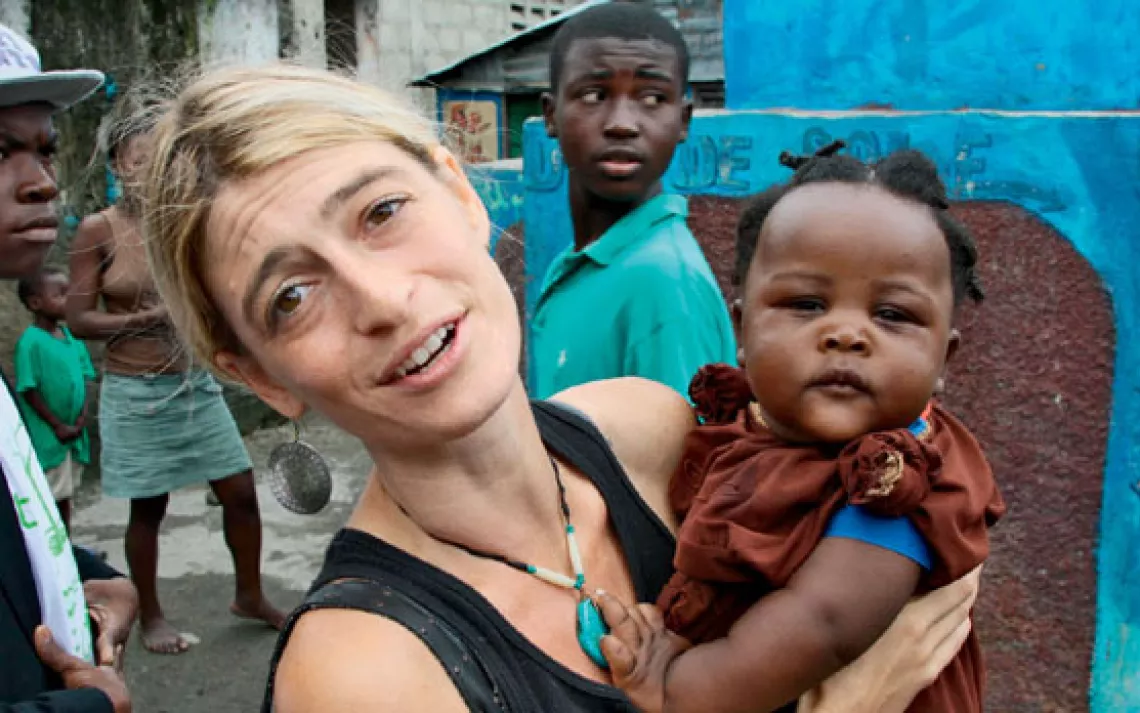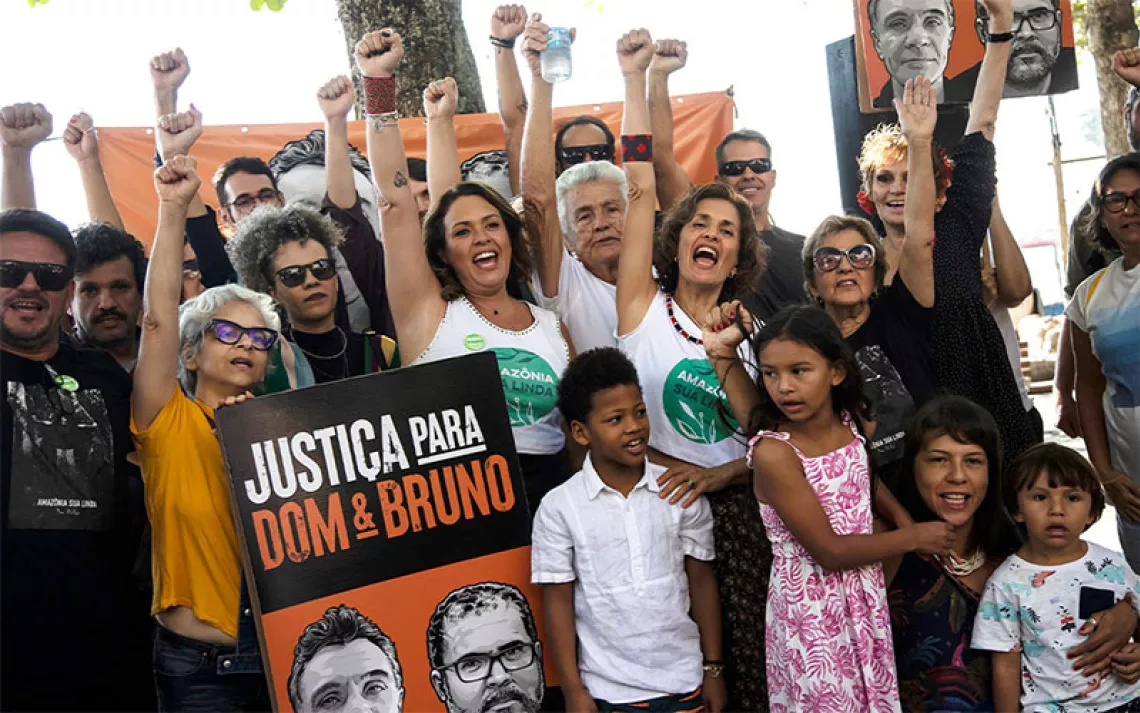Haiti's Toilet Sweetheart
Transforming waste into resources

Sasha Kramer, Haiti; executive director, Sustainable Organic Integrated Livelihoods (SOIL) | Photo by Nicholas D. Kristof
"EVEN PRIOR TO THE EARTHQUAKE, Haiti had the worst sanitation of any country in the western hemisphere. Most people here who don't have access to a toilet go in the bushes or in plastic bags that get thrown into abandoned lots or bodies of water.
"As an ecologist, I think about the flow of nutrients through the ecosystem. Right now, humans use a very fuel-intensive process—industrial nitrogen fixation—to pull nitrogen from the atmosphere and make it into fertilizer. We spend all this money to make the fertilizer, transport it, pour on too much of it, and let it run off into rivers, where it can do serious damage.

Sign up to receive Sierra News & Views
Get articles like this one sent directly to your inbox weekly.
With this action you affirm you want to receive Sierra Club communications and may vote on policy designated by the Sierra Club Board.
"With SOIL's composting toilets, we turn that linear cycle into a circular one, by recycling the nitrogen that we eat to grow food. I used to go out and pee on my compost pile so that the nitrogen in my urine would get into the plants I ate from my garden. I was really excited by the idea of getting a single nitrogen molecule to cycle through my body twice.
"Our mission is to transform waste into resources. Instead of making people sick, the waste could actually make people healthy. Also, it's very rewarding to give people a dignified place to go to the bathroom. More than 25,000 Haitians use our toilets, and we treat about 5,000 gallons of human waste a week. That's a lot of poop.
"We make 'drum runs' once a week, to exchange clean drums for poopy drums, and bring the full drums out to our compost sites. You drive past crumbled buildings, tents, and lots of friendly, smiley kids waving at you as you go by. People call me 'Sha Shoo,' which I really like, because 'shoo' is sort of like 'sweetheart.'
"The smells don't bother me. It's not something that has ever disgusted me. When I see human waste, I see what it could become. The compost could be used to grow all kinds of crops. If we can take one of the most dangerous waste products and turn it into soil, which is desperately needed here, then we're doing our job."
A RIVER RUNS THROUGH IT An estimated 2.6 billion people worldwide (nearly 40 percent) live without adequate sanitation facilities, and more than 200 million tons of human waste goes untreated annually.
 The Magazine of The Sierra Club
The Magazine of The Sierra Club



